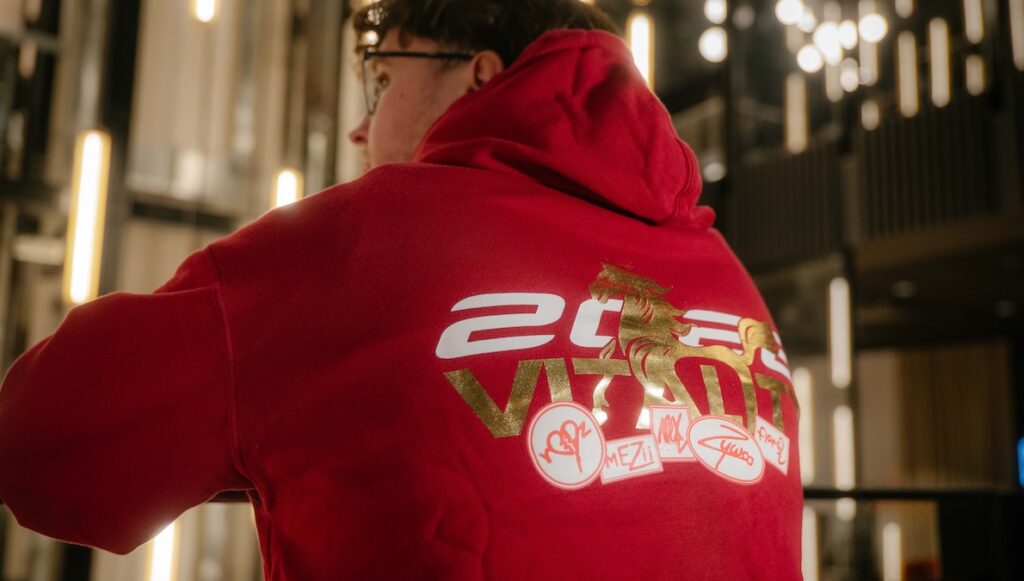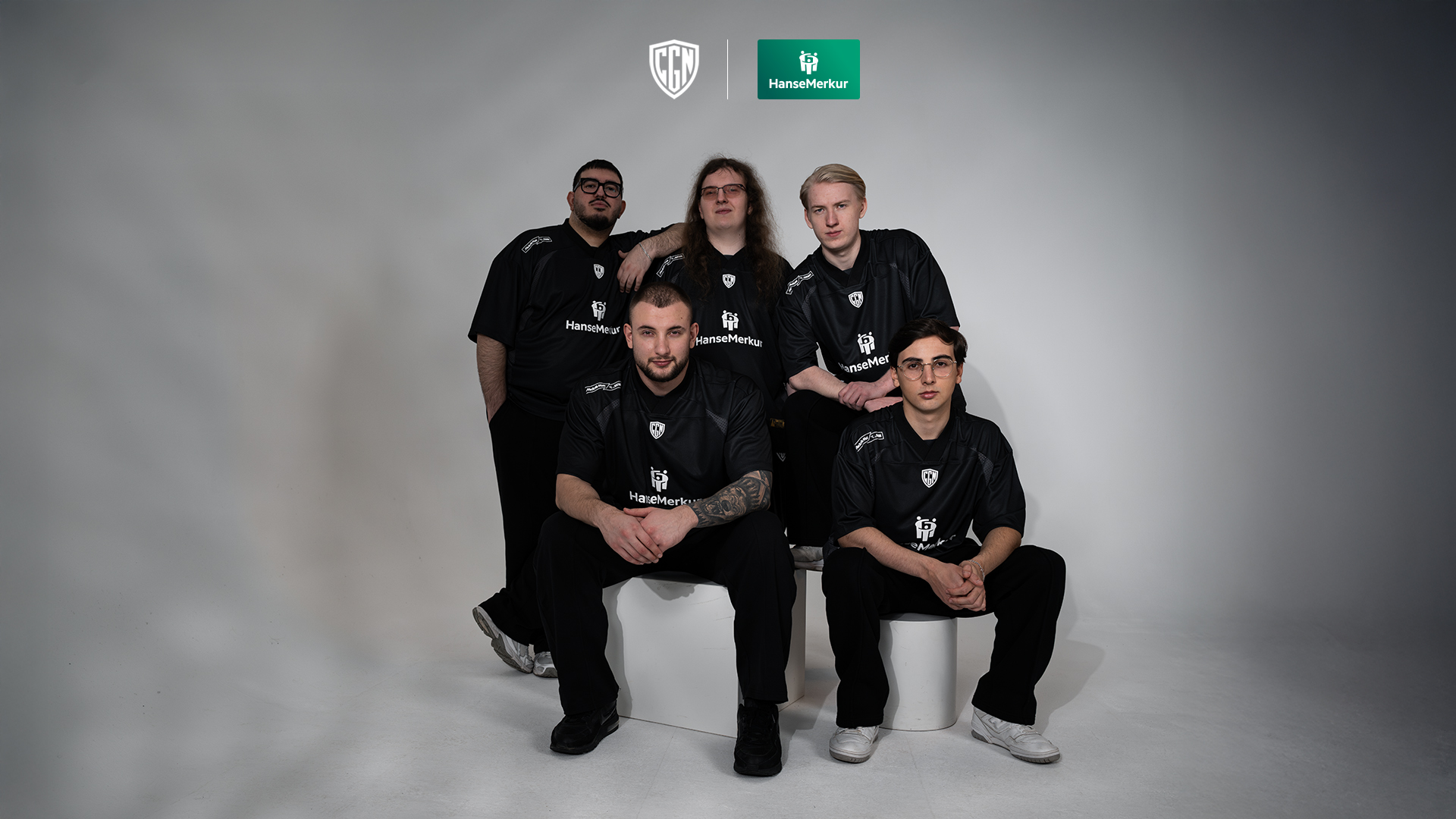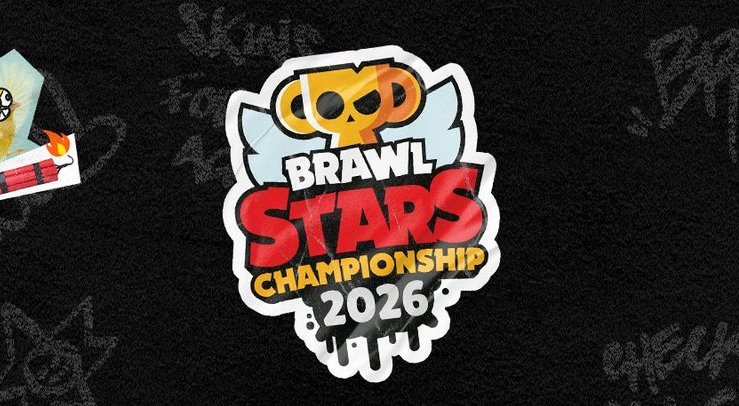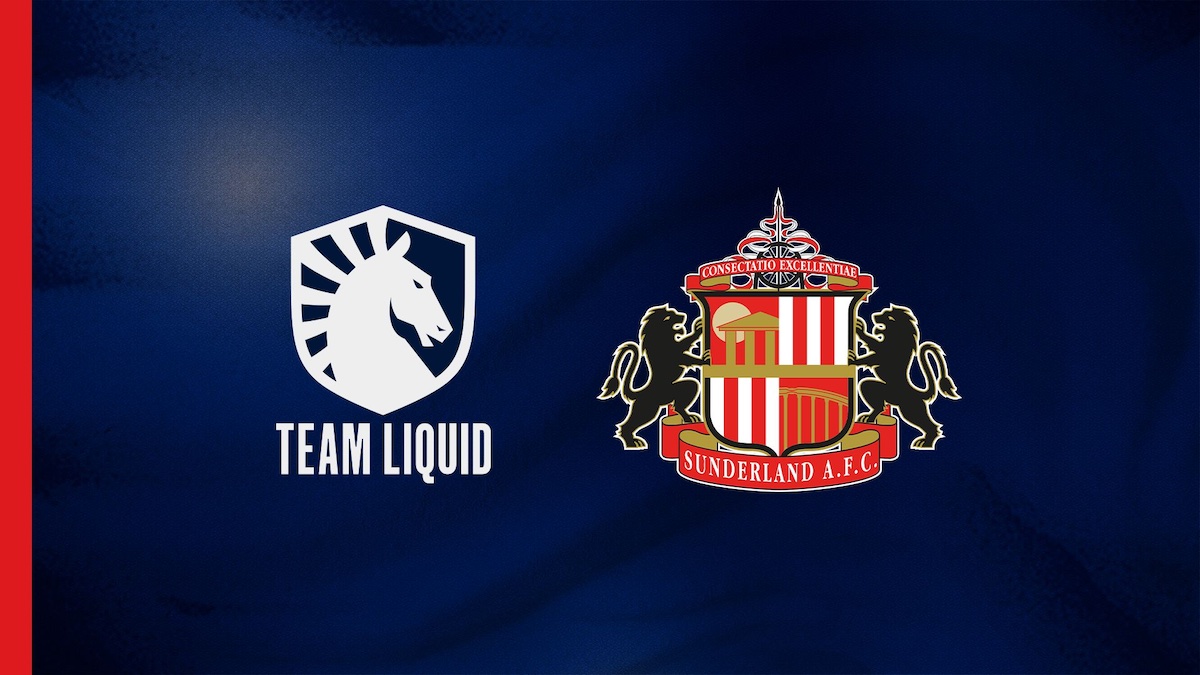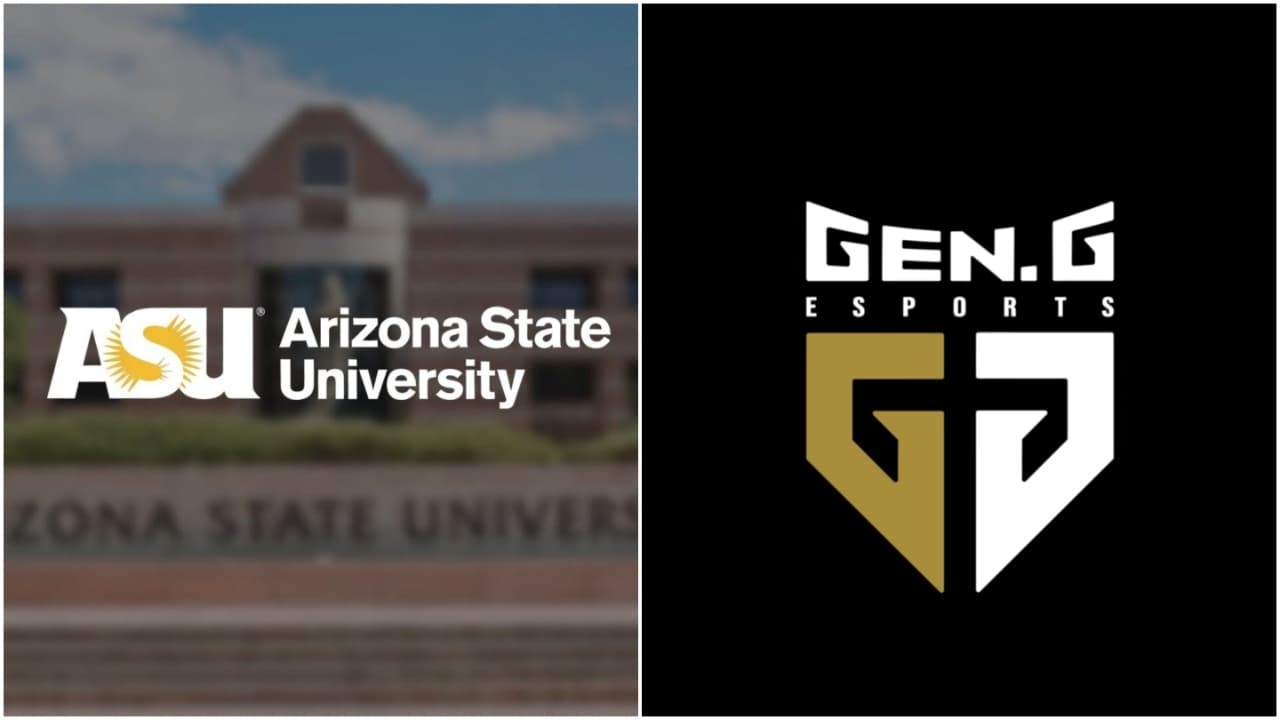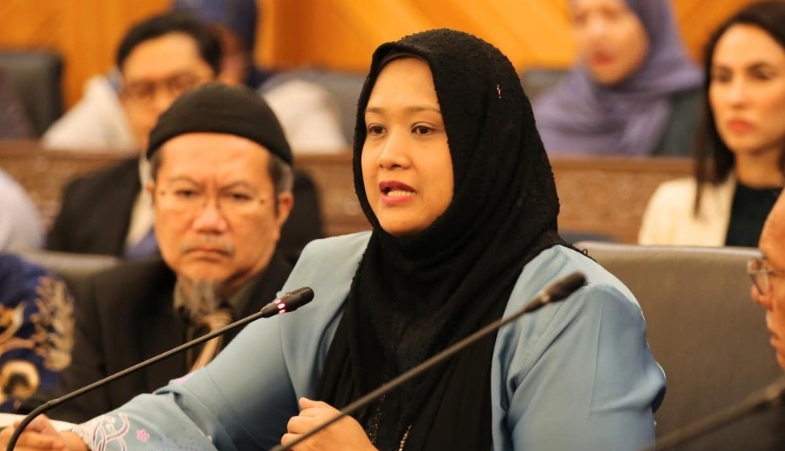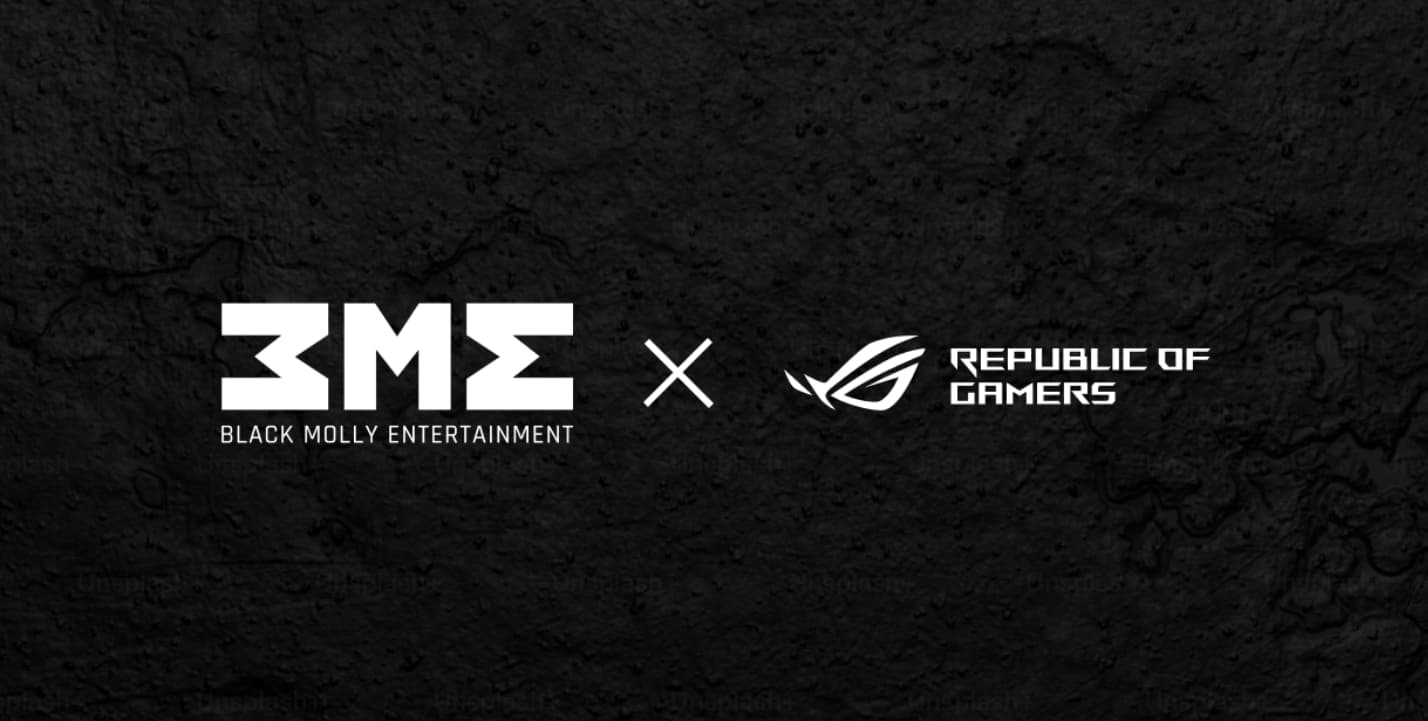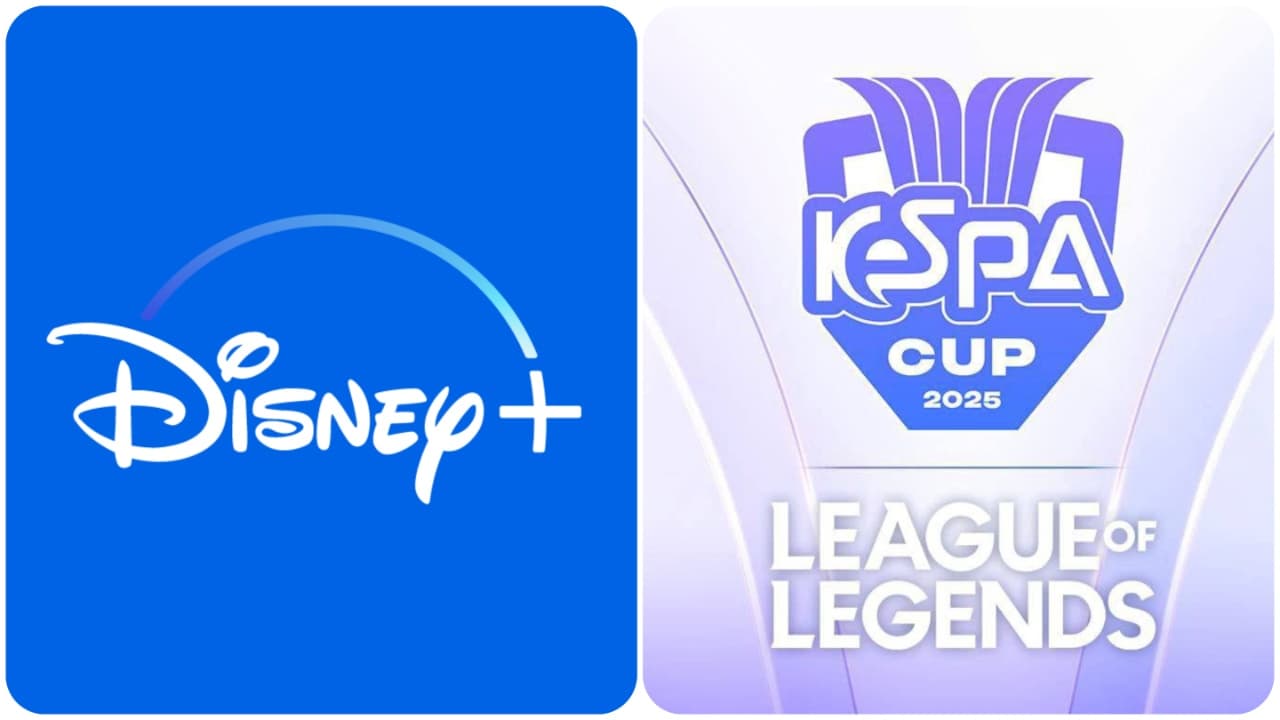
MOONTON Games‘ Mobile Legends: Bang Bang (MLBB) is a well known title in the esports industry. More than just known, it is currently one of the biggest esports in the world in terms of viewership, having been crushing audience records one after another.
However, this audience is vastly concentrated in only one global region, which is China and Southeast Asia, with inconsistent numbers or general knowledge about the game’s competitive scene across North America and Europe.
That said, does it really matter for MOONTON? The company already has a market-leading product running and delivering global-level numbers in its core region. So when we ask about growing to new regions, is expanding a real priority for the company or is it just western vanity to think that our market matters that much?
During the Esports World Cup in Riyadh, The Esports Radar spoke with Ray Ng, Head of Esports Ecosystem at MOONTON Games, about these questions and the company’s ongoing efforts to globalise MLBB as a game and esports.
“We’re in the middle of the process”
According to Ng, the ambition to expand westward is real—but not rushed. MLBB has been steadily growing outside of Southeast Asia and China, supported by a globalisation strategy that has been in motion for two years. He pointed to signs of traction in regions such as Eastern Europe and North Asia, where new teams are beginning to emerge.
“Take Team Spirit. They finished top three at M6 [$1 million MLBB World Championship] last year and won the China Invitational in May,” Ng said, highlighting their role as a signal of growing competitiveness outside the traditional Southeast Asian strongholds.
Ng also credited the involvement of high-profile esports organisations such as Team Liquid, Team Falcons, Fnatic, and Team Vitality, which recently entered the scene through the acquisition of Bigetron Esports, with helping the game gain visibility beyond Asia. NAVI also recently entered the scene by merging with Rebellion Esports for an MPL Indonesia spot.
Even if these moves were mainly directed at expanding into a region where MLBB is already strong rather than bringing the game to the organisations’ original regions, having them as part of the competition helps foster awareness of the game for their audiences worldwide. “Some of these clubs even field more than one team. They help us reach a wider audience,” Ng explained.

Viewership Dominance—But Still Uneven
The game’s popularity in Southeast Asia is indisputable. MLBB regularly ranks among the most-watched esports titles globally. The M5 World Championship peaked at over 5 million concurrent viewers according to Esports Charts, with 476 million total hours watched across all MLBB esports in 2024 alone. By comparison, major Western-based esports titles have struggled to maintain such sustained figures year-round.
Yet, Ng was frank in acknowledging that the Western audience is still behind: “From a statistics standpoint, we still have more players and viewers in the East. But we are catching up faster now in the West compared to earlier growth phases,” he said.
Education as the Real Entry Point
Rather than treating the Western market as simply a numbers game, MOONTON is focusing on education. “We’ve learned that a lot of users are not familiar with the mobile MOBA genre,” Ng said. Compared to first-person shooters or traditional PC MOBAs, MLBB on mobile demands more explanation, especially for audiences used to console or desktop gaming.

To bridge this gap, MOONTON has rolled out educational initiatives, working with players, regional federations, and even ministries of education to introduce the genre. “Sometimes we act as speakers at expos, sometimes we organise events. The idea is to let people experience it and learn what it’s about,” he explained.
Rather than pouring money into user acquisition, MOONTON is pursuing long-term infrastructure building. That includes supporting new teams at both grassroots and pro levels, providing coaching support, and helping organisations establish themselves within the ecosystem.
With esports now entering multi-sport events such as the Asian Games—and potentially the Olympics in the future—Ng says the company is already in contact with national federations and Olympic committees to ensure that regions outside Southeast Asia are developing their own competitive pipelines.
Is Western Expansion a Priority or Just Nice to Have?

When asked directly whether Western growth is essential or simply desirable, Ng was clear: “We see this as a global product. Just having 16 or more regions represented in our tournaments shows that.”
Still, the company is committed to growing things organically. “We don’t believe in boosting markets just for the numbers. Without local communities, even the best teams will struggle. We’re building long-term foundations.”
In terms of concrete regional momentum, Ng pointed to Eastern Europe, the Middle East, Turkey, and Latin America—especially Brazil—as key markets where MLBB is gaining traction. Teams from several of these regions competed at the Esports World Cup 2025, which featured two tournaments of the game in 2025, including one exclusively for the women’s scene: the MLBB Women’s Invitational.
Mobile Legends may not be a household name in the West—but that doesn’t mean MOONTON is standing still. With record-breaking global numbers, steady structural investment, and a long-term view of community-building, the company is betting that the West will eventually catch up—not through hype, but through education and ecosystem development.
In short, the West may not yet be essential to MLBB’s success—but MOONTON is making sure it becomes part of the picture.





